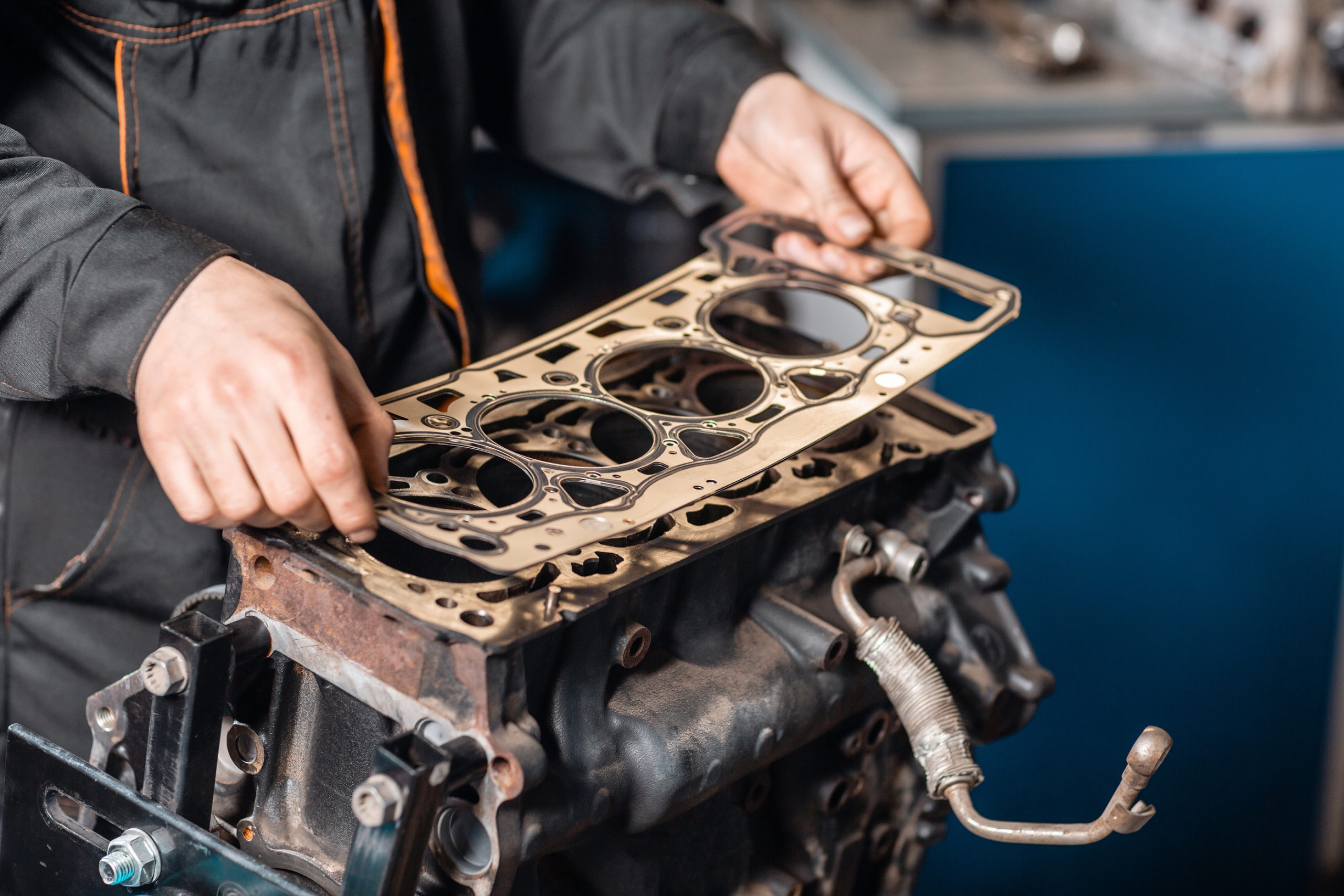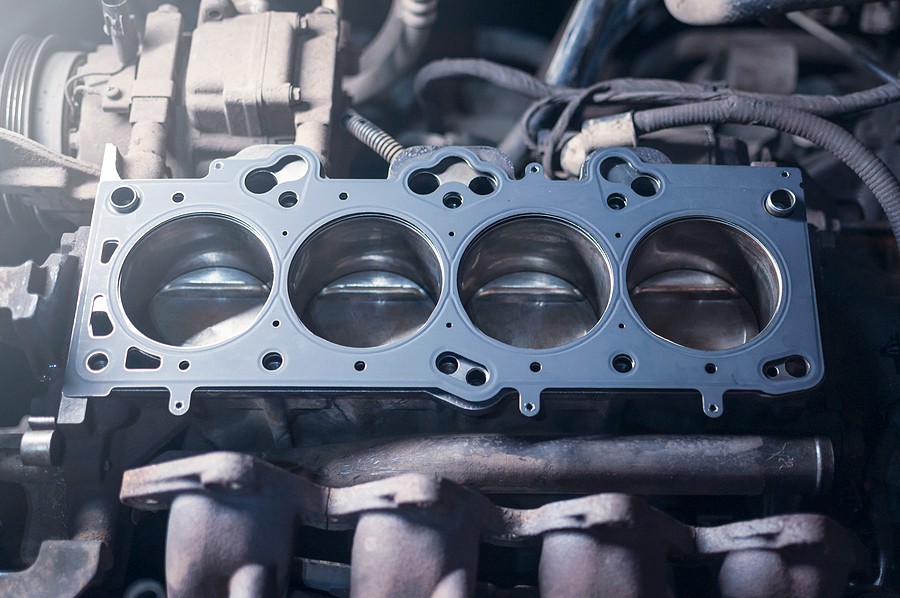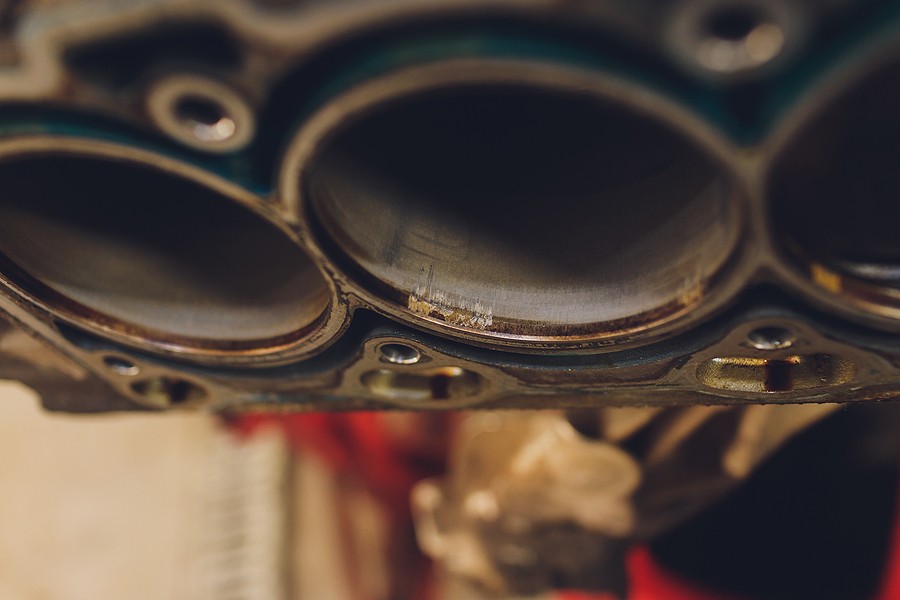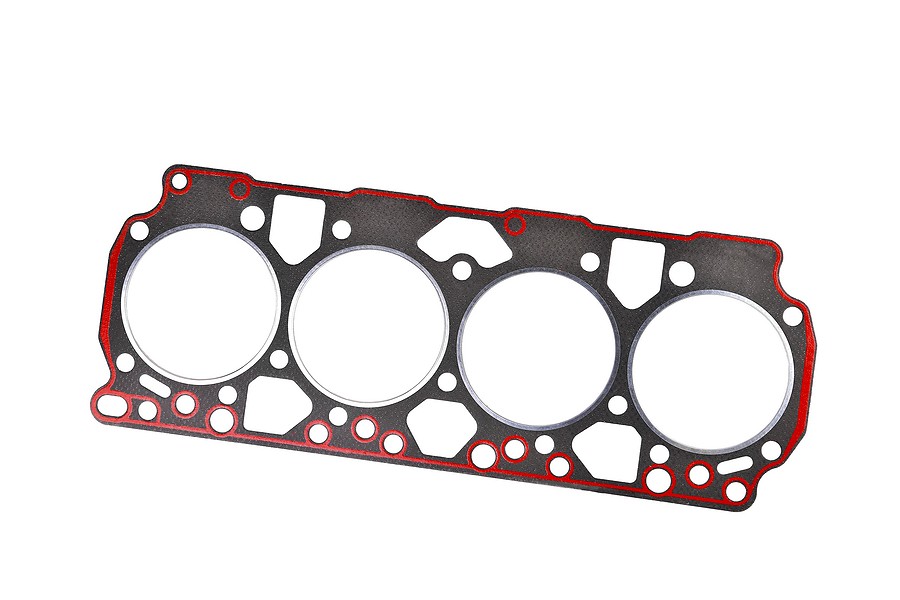Deciding whether to fix a head gasket largely depends on the vehicle's condition, repair costs, and sentimental value. In some cases, repairing a well-maintained car can be more cost-effective than buying a new one. However, if repair costs are high and your car faces other significant issues, exploring other options might be advisable.
Understanding Head Gaskets and Their Function
What is a Head Gasket?
A head gasket is a critical component in your car’s engine, sealing the internal combustion process and preventing coolant and oil from mixing.
Importance in Vehicle Operation
It plays a crucial role in maintaining engine temperature and overall efficiency.
Signs of a Blown Head Gasket
Watch out for symptoms like white smoke from the exhaust, bubbling in the radiator, unexplained coolant loss, milky oil, and engine overheating.
Analyzing the Cost-Benefit of Repairing a Head Gasket
Comparing Repair Costs vs. Car Value
Evaluate if the repair costs exceed your vehicle's current market value. Utilize resources like Edmunds or Kelley Blue Book for accurate assessments.
Considering Long-Term Vehicle Plans
Think about your future plans. If you intend to keep the car for several years, repairing might be worthwhile.
Factoring in Sentimental Value
Don't overlook emotional attachments to your vehicle, which can add value beyond monetary considerations.

The Risks of Ignoring a Blown Head Gasket
Potential Engine Damage
Neglecting a blown head gasket can lead to severe engine damage, often necessitating more expensive repairs.
Safety Concerns
Driving with a damaged head gasket can be hazardous, posing risks like engine fires or sudden breakdowns.
Impact on Vehicle Resale Value
Ignoring the issue can significantly diminish your car's resale value.

Repairing vs. Replacing: Making the Right Choice
When to Repair
Repair if the costs are manageable, and your vehicle is otherwise in good condition.
When to Consider Replacement
Replacement might be more viable if repair costs are prohibitive or if your car has multiple issues.
Seeking Professional Advice
Consult with a trusted mechanic to make an informed decision.

The Role of Head Gasket Sealants
Temporary Fixes with Sealants
Discuss using head gasket sealants for temporary fixes, highlighting products like BlueDevil Head Gasket Sealer.
Limitations and Considerations
Understand the limitations of sealants and their role as a short-term solution.
Professional Repair vs. Sealants
Weigh the pros and cons of professional repair against using sealants.

DIY Head Gasket Repair: Is It Feasible?
Understanding the Complexity
Acknowledge the technical skill required for a head gasket repair.
Tools and Time Investment
Consider if you have the necessary tools and time to undertake such a repair.
Risks of DIY vs. Professional Repair
Be aware of the risks associated with DIY repairs and the benefits of professional intervention.

Preventive Measures to Avoid Future Head Gasket Issues
Regular Maintenance
Emphasize the importance of regular maintenance, such as oil changes and coolant checks.
Monitoring Engine Temperature
Keep an eye on the engine temperature gauge to prevent overheating.
Timely Repairs of Minor Issues
Address minor issues promptly to avoid escalating into more significant problems.

Conclusion: Making an Informed Decision
Consider all factors, including cost, vehicle condition, and personal attachment, before deciding to repair or replace a head gasket.
Contact Cash Cars Buyer
For those considering selling their cars, regardless of condition, contact Cash Cars Buyer at 773-791-4363 for a hassle-free experience. Or you can fill our online form to get your instant offer by clicking here!

FAQs
What causes a head gasket to fail? Head gasket failure is commonly due to engine overheating, which can cause the gasket to blow. Other causes include manufacturing defects, wear and tear over time, and improper installation.
Can a car still run with a blown head gasket? While a car might technically run with a blown head gasket, it's highly inadvisable. Driving with a compromised gasket can lead to significant engine damage, safety risks, and more costly repairs down the line.
How do I know if my head gasket is blown? Symptoms of a blown head gasket include white exhaust smoke, overheating, loss of coolant without visible leaks, milky discoloration in the oil, and poor engine performance.
Is it cheaper to repair a head gasket or replace the engine? The cost-effectiveness depends on the vehicle's overall condition and the extent of damage. In some cases, repairing the head gasket is more economical, but if there’s extensive engine damage, replacing the engine might be the better choice.
How long does a head gasket repair last? The longevity of a head gasket repair can vary. If done correctly, it can last for many years. The key is quality repair work and maintaining the engine properly afterward.
Can I use a head gasket sealer as a permanent fix? Head gasket sealers are generally considered a temporary fix. They can buy you time, but they’re not a substitute for a professional repair in the long term.
How much does it typically cost to repair a head gasket? The cost can vary widely based on the make and model of the vehicle and the region. On average, head gasket repairs can range from $1,000 to $2,000 or more.
Can a blown head gasket cause permanent engine damage? Yes, a blown head gasket can lead to severe engine damage if not addressed promptly. It can allow coolant and oil to mix, leading to reduced lubrication and cooling, potentially causing the engine to seize.
Are certain cars more prone to head gasket failure? Some car models are more susceptible to head gasket issues, often due to design flaws or material weaknesses. It's advisable to research your vehicle model for any known head gasket problems.
Can a head gasket be repaired at home? Repairing a head gasket at home is possible but challenging. It requires significant mechanical skill, proper tools, and a clear understanding of your vehicle's engine. For most, seeking professional assistance is recommended to ensure the repair’s success and longevity.



